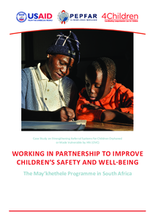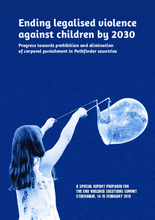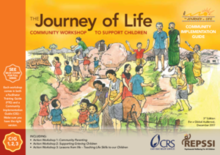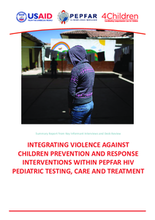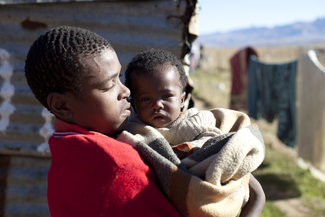

Displaying 31 - 40 of 131
This case study is one in a series of case studies highlighting different aspects of a case management system and referral mechanisms utilized by OVC programs. The case study looks at the work of the Children in Distress Network (CINDI) in the uMgungundlovu District of KwaZulu-Natal Province (KZN) of South Africa.
Prepared for the Agenda 2030 for Children: End Violence Solutions Summit, held in Stockholm, Sweden, on 14-15 February 2018, this report tracks progress towards prohibition and elimination of corporal punishment of children in Pathfinding countries.
The series is designed for communities wishing to support children in need and their caregivers. It includes a facilitator training guide and community implementation guide, as well as guides on protecting children from trafficking and abuse.
The objective of this study was to assess the impact of ‘Parenting for Lifelong Health: Sinovuyo Teen’, a parenting programme for adolescents in low-income and middle-income countries, on abuse and parenting practices.
This paper focuses on how the Family Assessment for Least Developed Countries (FA-LDC) instrument can be used as evidenced-based practice to assist social workers in statutory investigations.
This research provides insight into the current intervention strategies used by social workers in emergency child protection, whereby children are removed from their caregivers as a result of abuse and are placed at child and youth care centres.
This paper from the journal of Social Work/Maatskaplike Werk discusses the experiences of parents receiving family reunification services because their children have been placed in child and youth care centres in South Africa.
This study aims to develop a model for practice for implementing emergency child protection interventions with children at risk.
This report presents the preliminary findings from an ongoing project undertaken by 4Children that seeks to identify key opportunities to incorporate violence prevention and response interventions within priority PEPFAR Program Areas at clinical and community levels.
The focus of this study is to explore the role of lay health workers in a community organization providing palliative care to orphans and vulnerable children affected by HIV/AIDS, located in rural Bronkhorstspruit, Gauteng Province of South Africa.

